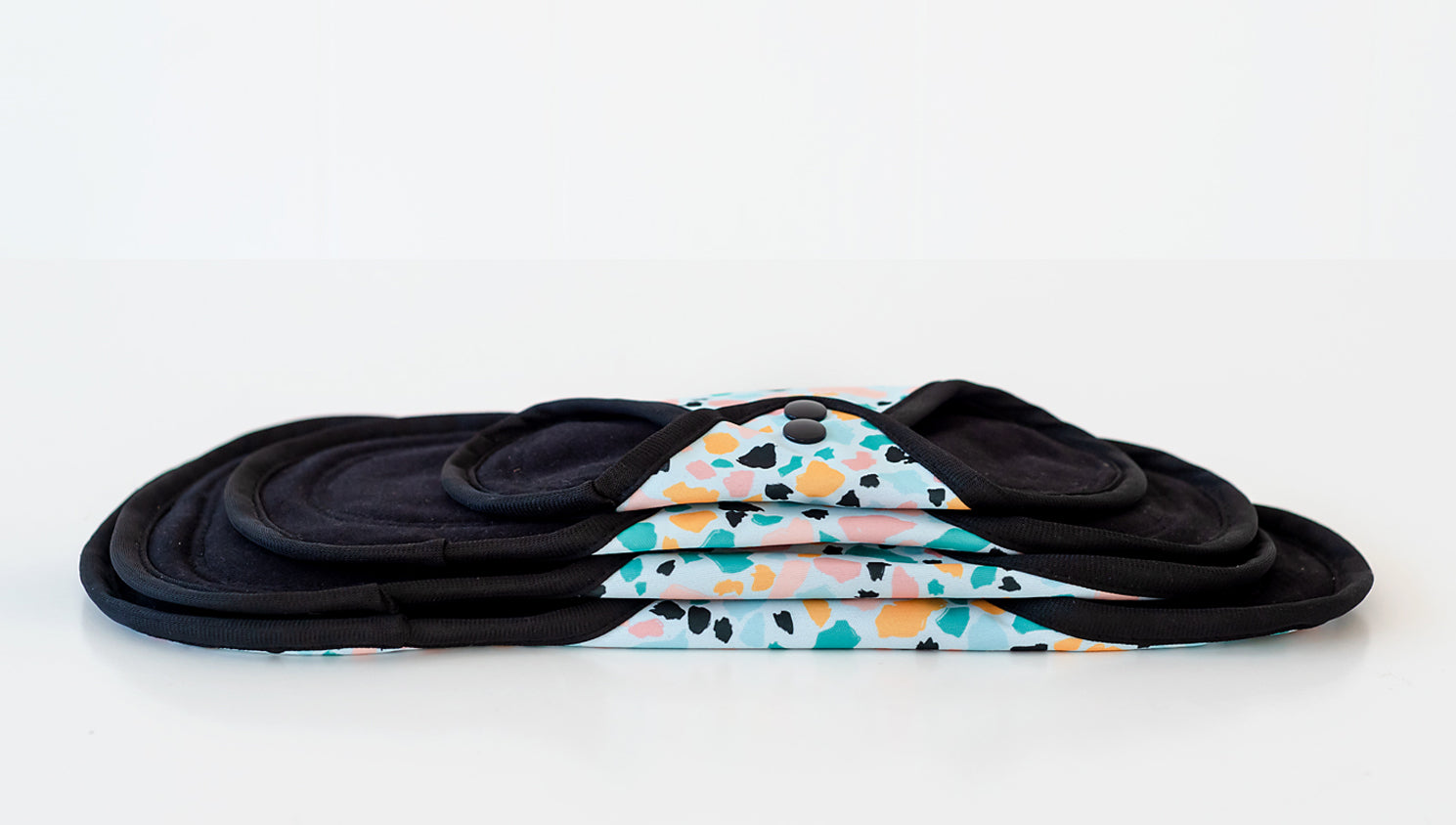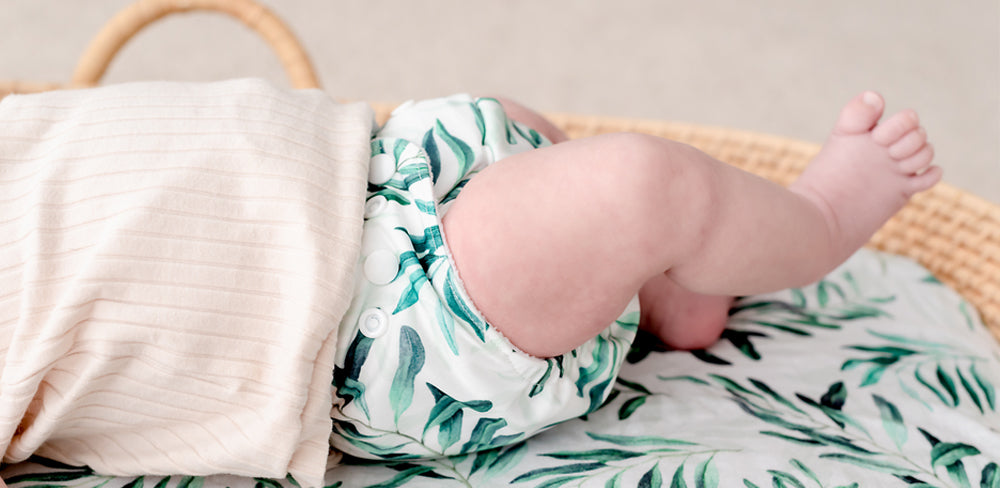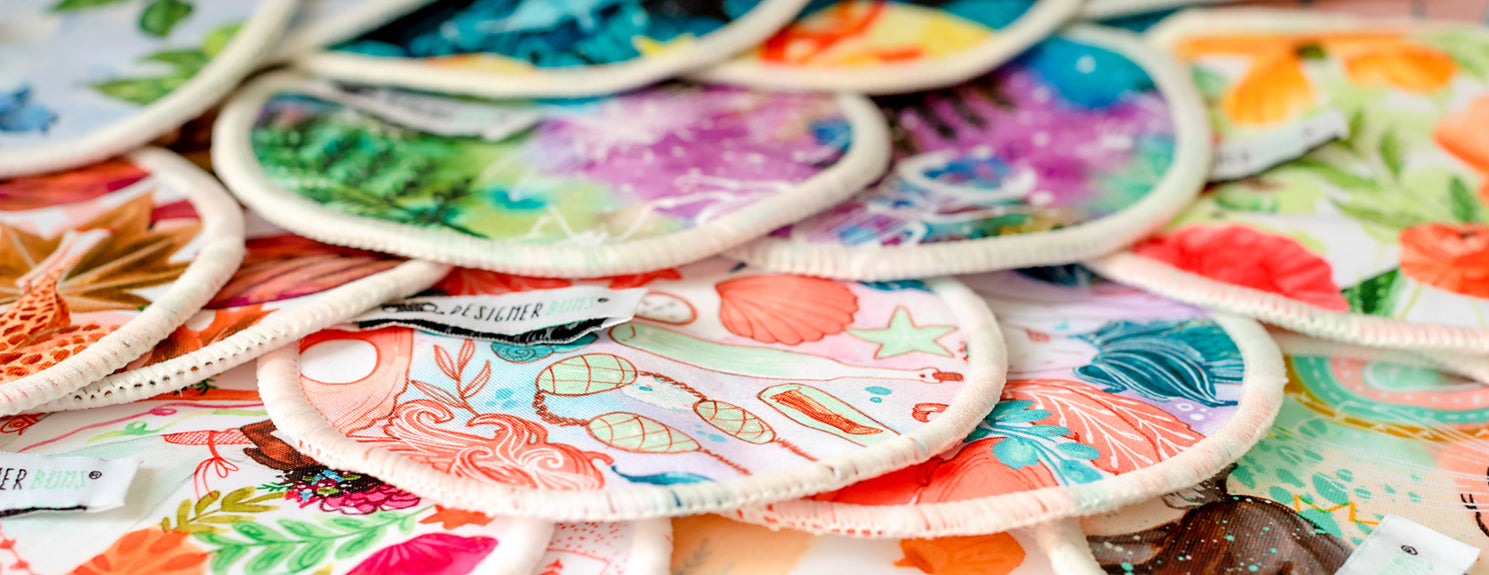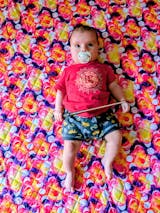Women’s Health: Periods, Postpartum Bleeding and More

We at Designer Bum’s are passionate about supporting women through all stages of their lives. Plastic Free July is the perfect time to look at making the switch to reusable sanitary products.
Things like movement, periods, sexual intimacy, mental health, and sleep are topics that are often explored when talking on women’s health whether it be with our friends, family, colleagues, or health professionals. We at Designer Bums wanted to take the opportunity to answer some of the questions that we often hear around periods and pad related topics. These are things that often come up in conversation when we are discussing our Designer Bus Cloth Sanitary Pads and how they can help to support women’s health and confidence.

If you haven’t had the chance to check out our range of Reusable Cloth Pads now is the time. Our pads are an eco-friendly low tox option for people seeking comfort and sustainability. Designer Bums offers 4 levels of absorbency and size and each pad is topped with GOTS certified organic cotton and manufactured to OEKO-TEX standard 100. Each pad is backed with water resistant PUL and features our exclusive hand illustrated designs.
 .
. 
You are able to use Designer Bums Reusable Cloth Pads for your period, postpartum bleeding, incontinence, as a liner, for perspiration, and for many other reasons. They are absorbent and reliable so that you can wear them with confidence.
If you haven’t tried out our reusable sanitary products before, a trial pack can be a good starting point: https://designerbums.com.au/collections/trial-packs
Or you can jump right in and check out the full range here: https://designerbums.com.au/collections/cloth-pads
We recommend basing the number of reusable pads that you purchase on your cycle length and flow. A good starting point would be the number of sanitary products that you currently use.
So what are some of the common questions that we encounter when talking about periods, bleeding, and postpartum blood loss?
How long do you bleed for after giving birth?
Postpartum bleeding is completely normal after giving birth and you can expect it to last for around 4-6 weeks. The bleeding is caused by the contraction of your uterus post birth. During this time you will need to use pads to contain the flow of blood and should see reduction in flow as time progresses.
I don’t have a prolapse…. Or do you?
We often get asked whether Designer Bums Cloth Sanitary Pads can be used for incontinence and this opens up a conversation around incontinence and its causes. As pregnancy and childbirth are one (of several) risk factors for prolapse, and incontinence is one sign that there may be a prolapse this is a topic that we are passionate about.
Some questions to ask yourself:
- Can you empty your bladder fully?
- Do you strain on the toilet?
- Does your urine flow go slowly and stop/start?
- Do you have a sensation of pressure, heaviness or dragging inside your vagina?
- Do you feel a bulge or any swelling in your vagina?
- When you need to go to the toilet does it come on urgently and do you struggle to hold it?
- Do you struggle to make it to the toilet or have accidents throughout the day?
- Do you have a lower back ache?
This last one is often overlooked! If you answered yes to any of these questions you may want to book in to see a specialist women’s health physio.
If you have given birth and haven’t been to see a women’s health physio then now is the time. It is recommended that you get checked out by a specialised women’s health physio at least once after having your little one. A women’s health physio can assess whether there has been any weakening or damage either during birth or even just throughout your pregnancy. They can also ensure that you are doing the right strengthening exercises for your body.
How do I know if my bleeding is heavy?
Many women report changes to their period flow after giving birth and as we age with monthly bleeding becoming heavier. You may be surprised to know that there is actually a definition of ‘heavy bleeding’. It is defined as blood loss of more than 80mL (1/3 cup) and a cycle that extends past 8 days.
Some of the signs that it may be heavy is if your pad or tampon is unable to contain ‘flooding’ when you use the most absorbent size, you find yourself changing your period product every hour, you require multiple period products overnight, or you are experiencing clots larger than 3cm in size.
If you experience heavy periods it is important to discuss with your doctor who will take your medical history and also conduct a clinical examination. Around 50% of women do not have any abnormalities but may still require support due to the level of blood loss. In some cases the heavy bleeding may be the sign of something that needs further investigation. For more information on these conditions you can check out Jean Hailes for Women’s Health.
Is it normal to have pain during your period?
Pain surrounding periods can often be normalised so you may not have ever asked this question of yourself. Period pain occurs when the muscles in your uterus tighten or contract so a short period of pain is expected. The pain should only occur on the first to second day of your period and should go away if you use pain medications or use the contraceptive pill.
If your period pain extends for longer than 2 days, does not go away when medication is used, and your daily activities are impacted by your period then it is time to speak to your health professional. This article is designed to be informative and educational. It is not intended to provide specific medical advice or replace advice from your health practitioner.
For more information we recommend checking out Jean Hailes for Women’s Health: https://www.jeanhailes.org.au
Browse the full range of Designer Bums Cloth Sanitary Pads here: https://designerbums.com.au/collections/cloth-pads
Resources
Jean Hailes for Women’s Health: https://www.jeanhailes.org.au
Queensland Clinical Guidelines, Bleeding after Birth. https://www.health.qld.gov.au/__data/assets/pdf_file/0033/706587/c-pph-bleeding.pdf








